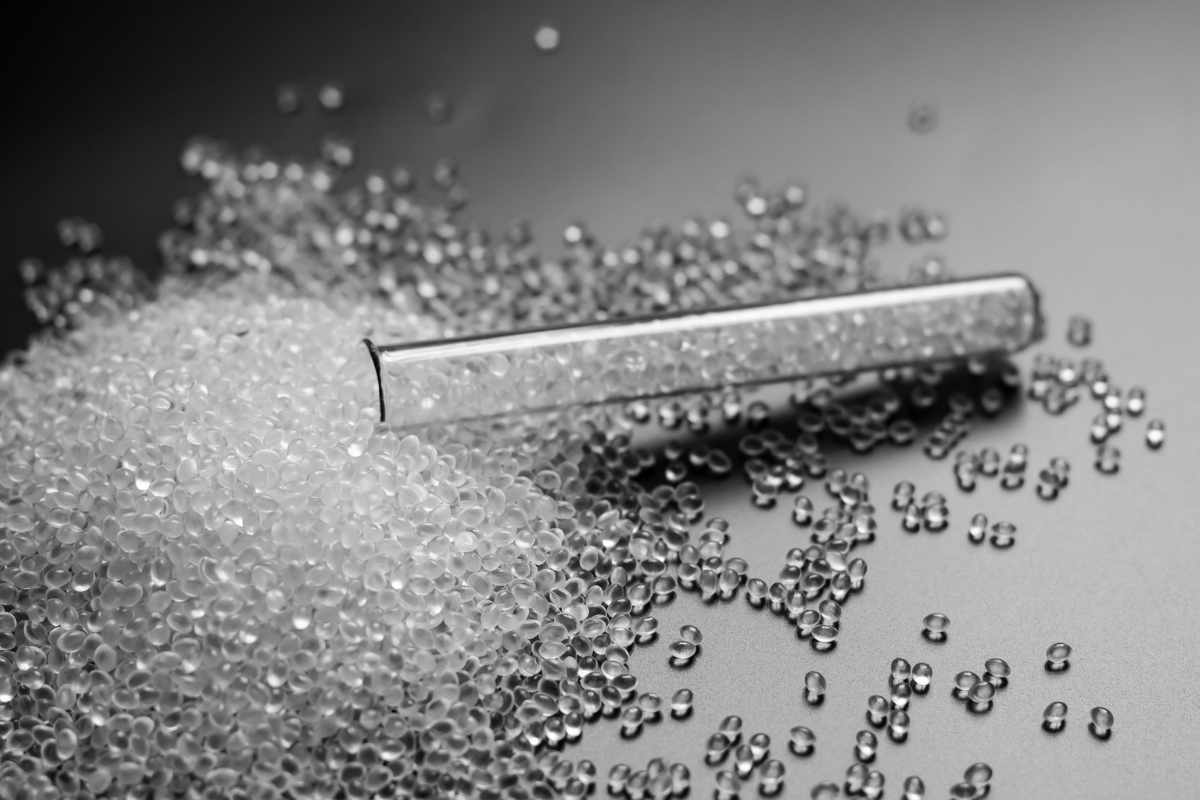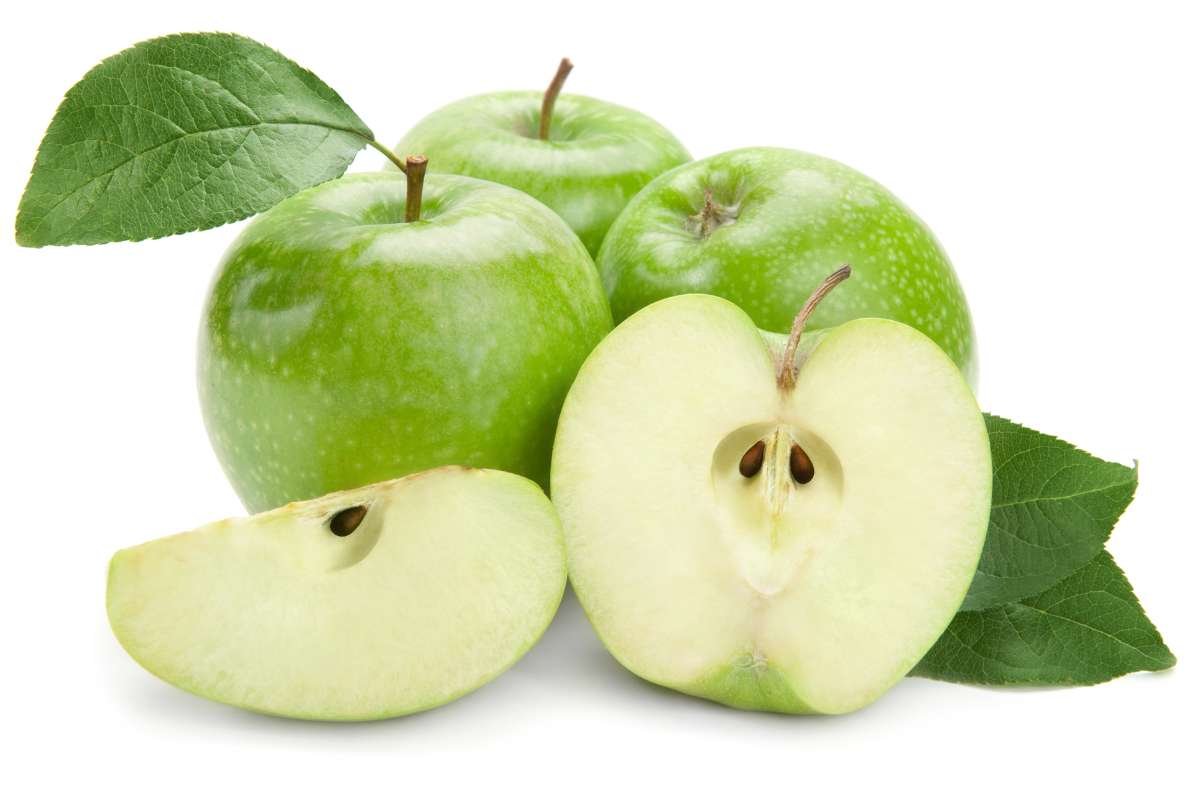Even in adults who do not have hypertension, routine alcohol consumption, even as little as one drink per day, is linked to higher blood pressure readings. When comparing drinkers to non-drinkers, those who consumed even one alcoholic beverage per day were more likely to have higher blood pressure, according to research published on Monday in the American Heart Association journal Hypertension.
According to a news release from senior study author Dr. Marco Vinceti, “we found no beneficial effects in adults who drank a low level of alcohol compared to those who did not drink alcohol.” We were startled to learn that drinking alcohol at a modest level was also associated with longer-term blood pressure changes compared to not drinking, however this was much less pronounced than the blood pressure increase reported in heavy drinkers.
More than 19,000 adults in the US, Korea, and Japan provided data for the analysis. Because different countries have different sorts of beverages and amounts of “standard drinks,” measurements of alcohol consumption were based on grammes of alcohol ingested rather than the number of drinks drank.
1 alcoholic drink a day could affect blood pressure, study finds
Researchers discovered that the systolic bloods pressure, or the top number, increased after analysing the data of all participants for more than five years: Those who drank 12 grammes of alcohol per day on average had blood pressure readings of 1.25 millimetres of mercury (mm Hg).
- 4.9 mm Hg in individuals who drink 48 grammes of alcohol on average each day.
According to the press release, 14 grammes of alcohol in the United States is equivalent to around a 12-ounce serving of ordinary beer, 5 ounces of wine, or a 1.5-ounce shot of distilled spirits.
It increased for diastolic c, or the bottom number:
- 1.14 mm Hg in individuals eating 12 grammes of alcohol daily on average
- 3.1 mm Hg in those who drink 48 grammes of alcohol on average per day
According to the press release, systolic blood pressure is a better predictor of heart disease risk than diastolic blood pressure, however these relationships were only found in men, who made up 65% of study participants. In both, the systolic outcomes were evident.
High blood pressure is referred to as a “silent killer” since it raises the risk of heart attack, stroke, chronic kidney disease, and other dangerous illnesses. Even though alcohol is not the only factor in blood pressure increases, Vinceti said, “our findings show it makes a significant contribution.” It is advised to limit alcohol consumption, but eliminating it altogether is preferable.









